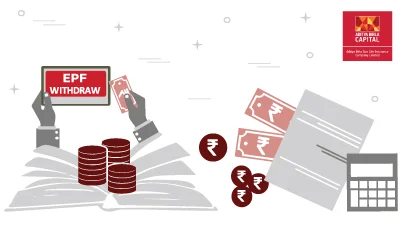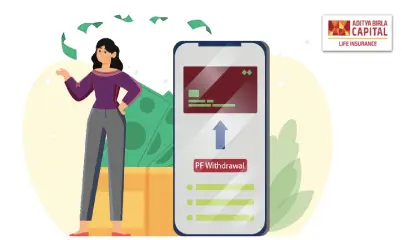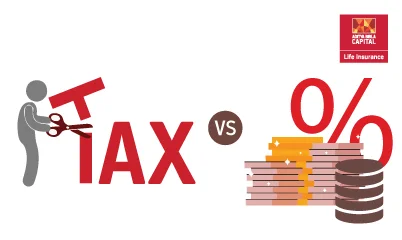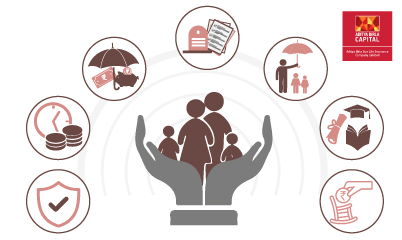Deduction under Section 80D


Get Guaranteed Returns After a Month^
Unlock the Power of Smart Investment!

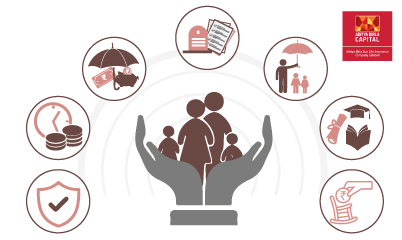
-
 Table of Contents
Table of Contents- What is Section 80D?
- Who is Eligible to Claim Under Section 80D?
- Limit of the Section 80D Tax Deduction
- How Can I Get a Section 80D Deduction?
- Deduction Permitted by Section 80D
- How Can I Purchase Health Insurance?
- Health Insurance Benefits Under Section 80D
- The Income Tax Act's Section 80D exclusions
- What is a Mediclaim Insurance Policy?
- Essential Elements of a Health Insurance Plan
- Disallowances Under Section 80D
- Things to Consider
- Conclusion
- FAQs
What is Section 80D?
Who is Eligible to Claim Under Section 80D?
Limit of the Section 80D Tax Deduction
How Can I Get a Section 80D Deduction?
Deduction Permitted by Section 80D
How Can I Purchase Health Insurance?
Health Insurance Benefits Under Section 80D
The Income Tax Act's Section 80D exclusions
What is a Mediclaim Insurance Policy?
Essential Elements of a Health Insurance Plan
Disallowances Under Section 80D
Things to Consider
Conclusion
FAQs
Additionally, you will be eligible for a deduction under Section 80D if you are paying for the costs associated with the preventative health checkup. Additionally, even if your elderly parents don't have health insurance, you may still claim a tax deduction for their medical expenses and checkups.
About Author
-
Disclaimer
ABSLI DigiShield Plan. This is a non-linked non-participating individual pure risk premium life insurance plan; upon Policyholder’s selection of Plan Option 9 (Level Cover with Survival Benefit) and Plan Option 10 (Return of Premium [ROP]) this product shall be a non-linked non-participating individual life savings insurance plan. UIN: 109N108V11
^ ABSLI DigiShield Plan scenario: Female, non smoker, Age: 21 years, level Term Insurance, Premium paying Term: regular pay, policy term: 25 years, Pay frequency: Annual Premium of Rs. 6500/12 months (on average Rs. 542/month) Exclusive of GST (offline premium).
~ Our life insurance policies cover COVID -19 claims under life insurance claims, subject to applicable terms & conditions of policy contract and extant regulatory framework.
ADV/6/23-24/526
Subscribe to our Newsletter
Get the latest product updates, company news, and special offers delivered right to your inbox
Thank you for Subscribing
Stay connected for tips on insurance and investments

 Home Loans
Home Loans
 Personal
Loans
Personal
Loans
 SME Loans
SME Loans
 Business Loans - Udyog
Plus
Business Loans - Udyog
Plus
 Loan against Securities
Loan against Securities
 Mutual Funds
Mutual Funds
 Stock and
Securities
Stock and
Securities
 Portfolio
Management Services
Portfolio
Management Services
 Pension Funds
Pension Funds
 Life
Insurance
Life
Insurance
 Health
Insurance
Health
Insurance
 Wellness
Solutions
Wellness
Solutions
 Pay Bills
Pay Bills
 Pay anyone
Pay anyone
 Pay on call
Pay on call
 Payment
Lounge
Payment
Lounge
 ABC Credit
Cards
ABC Credit
Cards

 1800-270-7000
1800-270-7000






